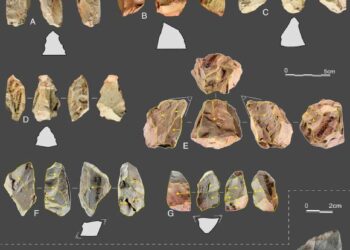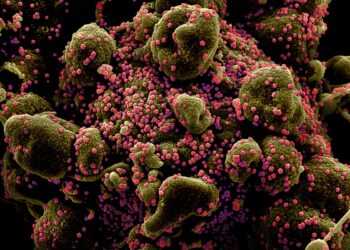atmosphere: The envelope of gases surrounding Earth, another planet or a moon.
atom: The basic unit of a chemical element. Atoms are made up of a dense nucleus that contains positively charged protons and uncharged neutrons. The nucleus is orbited by a cloud of negatively charged electrons.
colleague: Someone who works with another; a co-worker or team member.
crowdsourcing: A term coined in 2005 for the collection of data from a large community of volunteers — often over the internet. For instance, those volunteers may collect information intentionally (such as data on cloud cover, the appearance of a particular butterfly or a recording of the call of a certain bird), then send the data to some researcher. Alternatively, an app downloaded on someone’s phone might collect light, vibrations or some other information periodically — and automatically — and then relay it over the Internet to researchers.
data: Facts and/or statistics collected together for analysis but not necessarily organized in a way that gives them meaning. For digital information (the type stored by computers), those data typically are numbers stored in a binary code, portrayed as strings of zeros and ones.
density: The measure of how condensed some object is, found by dividing its mass by its volume.
disrupt: (n. disruption) To break apart something; interrupt the normal operation of something; or to throw the normal organization (or order) of something into disorder.
distort: (n. distortion) To change the shape or image of something in a way that makes it hard to recognize, or to change the perception or characterization of something (as to mislead).
electron: A negatively charged particle, usually found orbiting the outer regions of an atom; also, the carrier of electricity within solids.
engineer: A person who uses science and math to solve problems. As a verb, to engineer means to design a device, material or process that will solve some problem or…
Read the full article here







